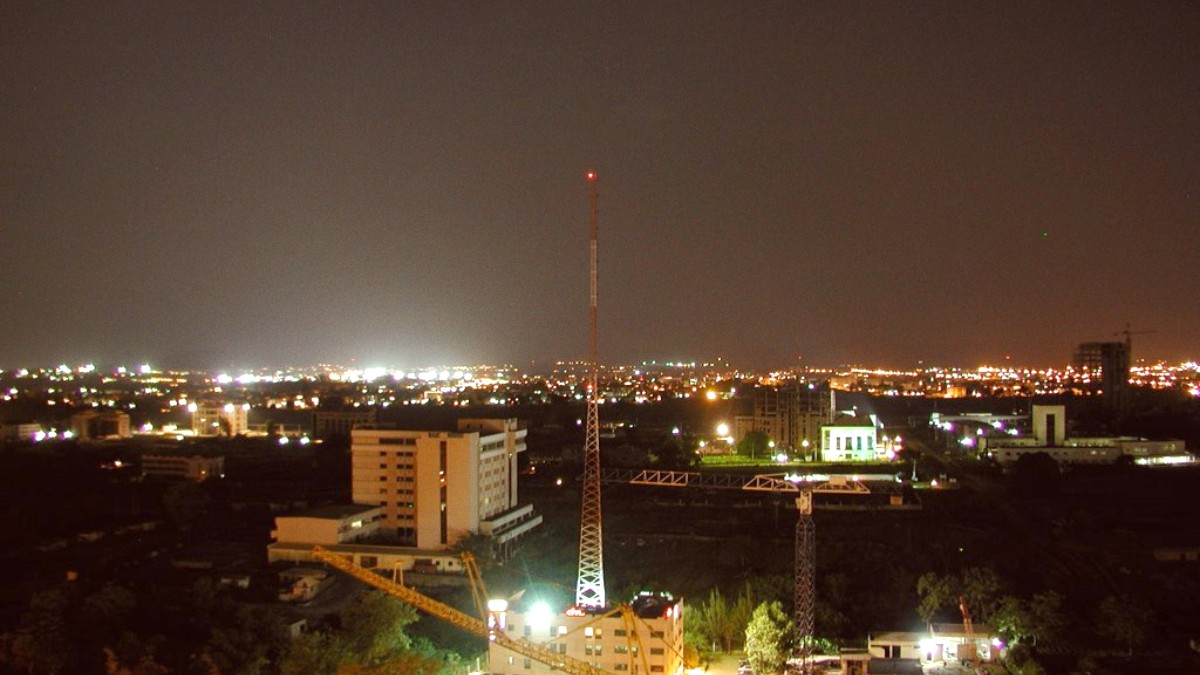
Nigeria
While Nigeria has significant protected areas, none are within Abuja's urban core. Efforts focus on urban greening and maintaining parks. Support conservation efforts through organizations like The Rainforest Site.
Waste management remains an ongoing challenge. Recycling infrastructure is nascent. Minimize single-use plastics. Dispose of waste in designated bins.
Water resources can be strained. Be mindful of your water usage. Take shorter showers and report leaking faucets to staff.
Offsetting carbon emissions from international flights is a way to contribute to environmental projects elsewhere. Many airlines or third-party organizations Like Terrapass offer this.
Few properties in Abuja are formally certified as eco-friendly. Support hotels demonstrating efforts towards energy efficiency, waste reduction, and water conservation. Consider Ecobnb for eco-friendly stays worldwide.
Look for tour operators who prioritize responsible tourism, respect local communities, and have clear environmental policies, even if not formally certified. G Adventures champions ethical travel experiences.
Bringing reusable items reduces your waste footprint. Support companies that prioritize sustainability in their products. Patagonia is renowned for sustainable outdoor gear.
Dine at local restaurants and use local ride-hailing drivers to support small businesses. Buy crafts directly from artisans.
Visit Package Free ShopAvoid engaging in activities that exploit children or vulnerable populations. Do not encourage begging. Do not participate in illegal activities.
Explore ethical experiencesYour choices as a traveler have a ripple effect. Choose wisely to support the local economy and culture. Within Abuja, environmental efforts focus on urban greening, maintaining parks like Millennium Park, and promoting general cleanliness. Supporting these green spaces through responsible behavior.
Interacting respectfully with local culture is a core tenet of responsible travel.
Support local artisans and cultural institutions that work to preserve Nigerian heritage.
Learning basic greetings in local languages (Hausa, Igbo, Yoruba) and using them is a sign of respect. A simple 'Sannu' (hello in Hausa) signals respect.
Be discreet and respectful with your camera. Avoid candid shots of people without their consent. Avoid photographing military installations, government buildings, or sensitive areas.
Dress modestly when visiting mosques or churches. Shoulders and knees should be covered. Women should carry a headscarf for mosque visits to cover their heads.
Your visit has a positive economic impact, supporting local livelihoods.
Dine at local restaurants ('buka' or 'mama put' joints) to experience authentic cuisine and support small, local eateries.
When purchasing crafts and souvenirs, buying directly from artisans at places like the Abuja Arts & Crafts Village ensures money spent directly benefits producers.
Utilize local ride-hailing drivers (Uber/Bolt) who are part of the local economy. Use local guides.
Be wary of scams, specifically those involving financial transactions or promises that seem too good to be true, including advance fee fraud (419 scams).